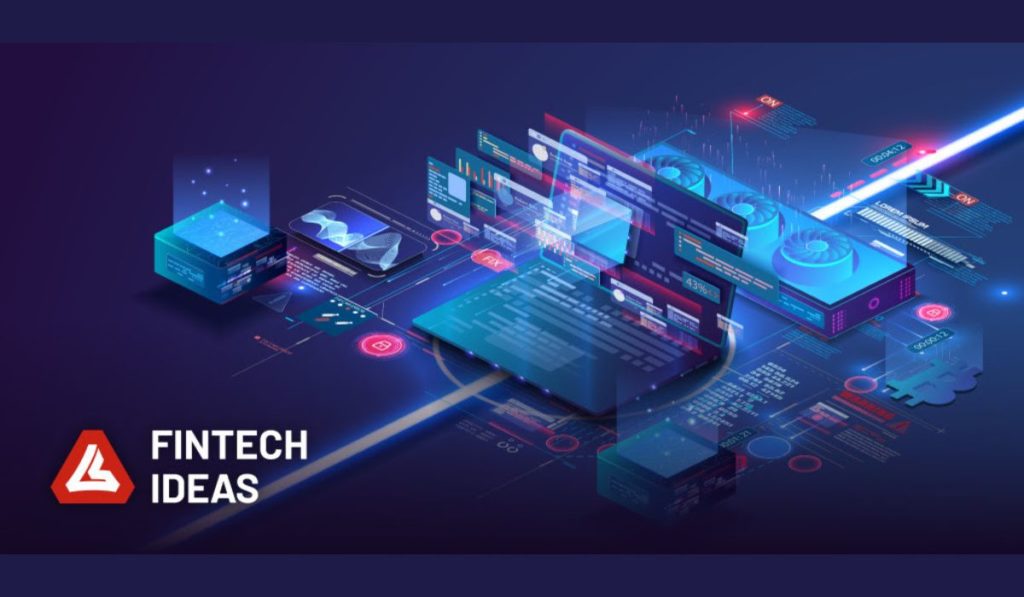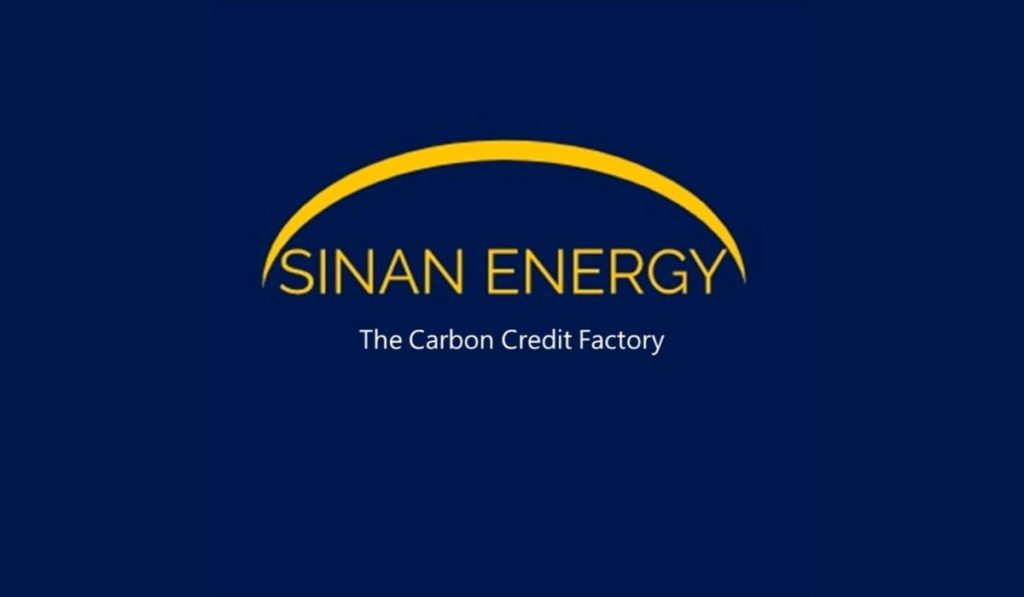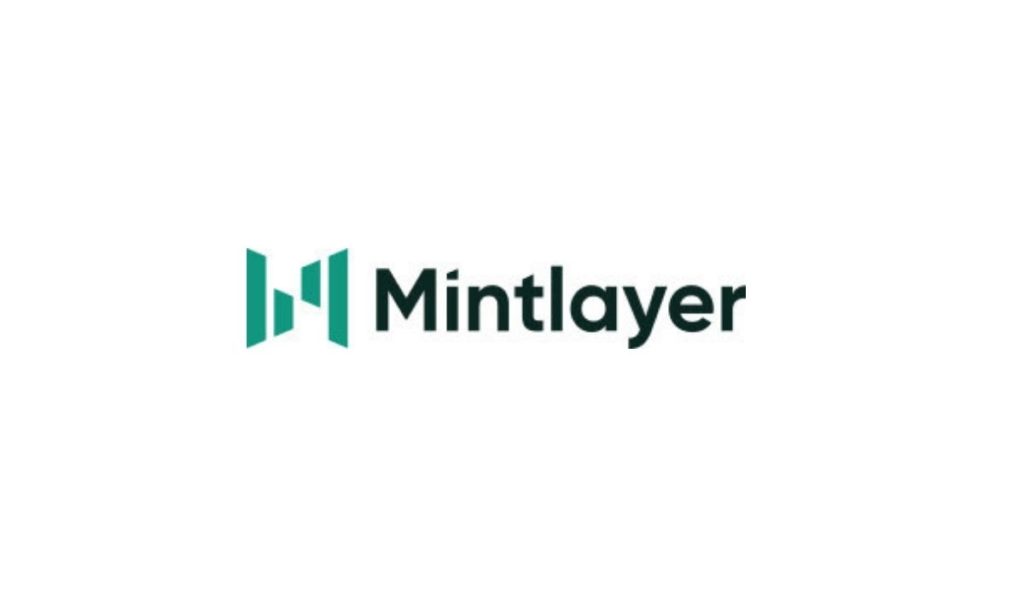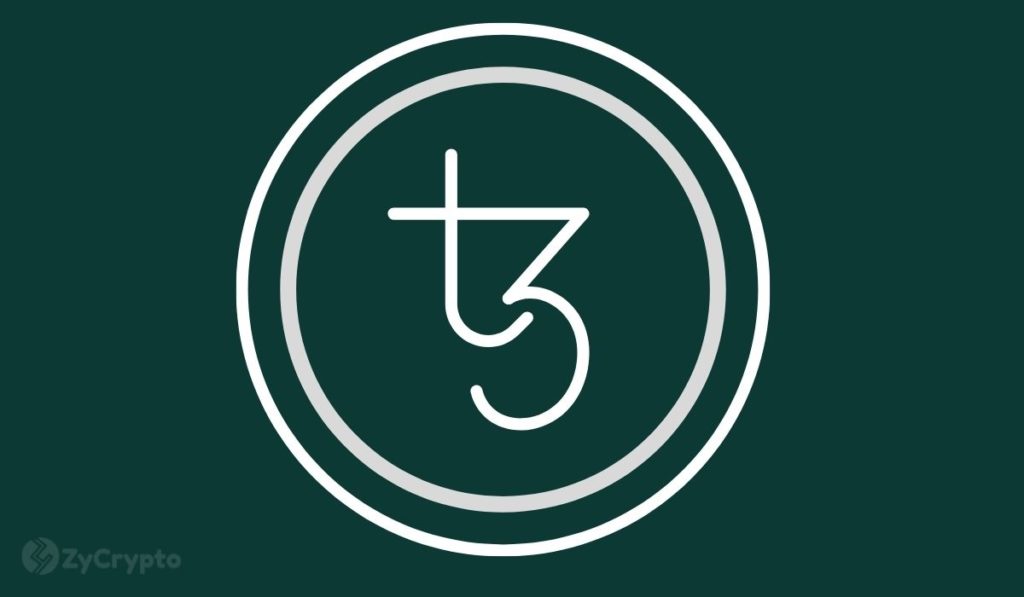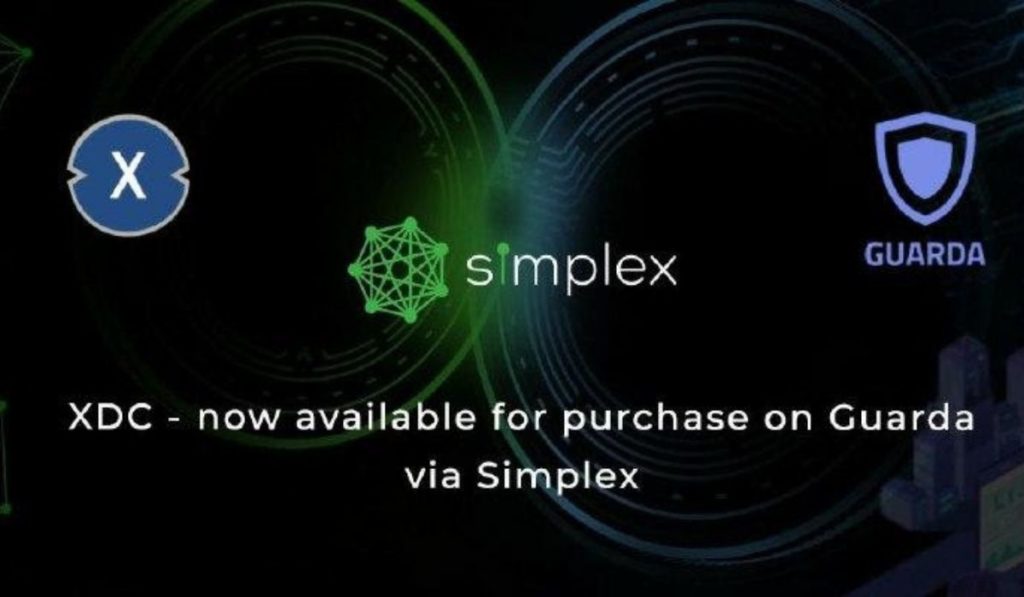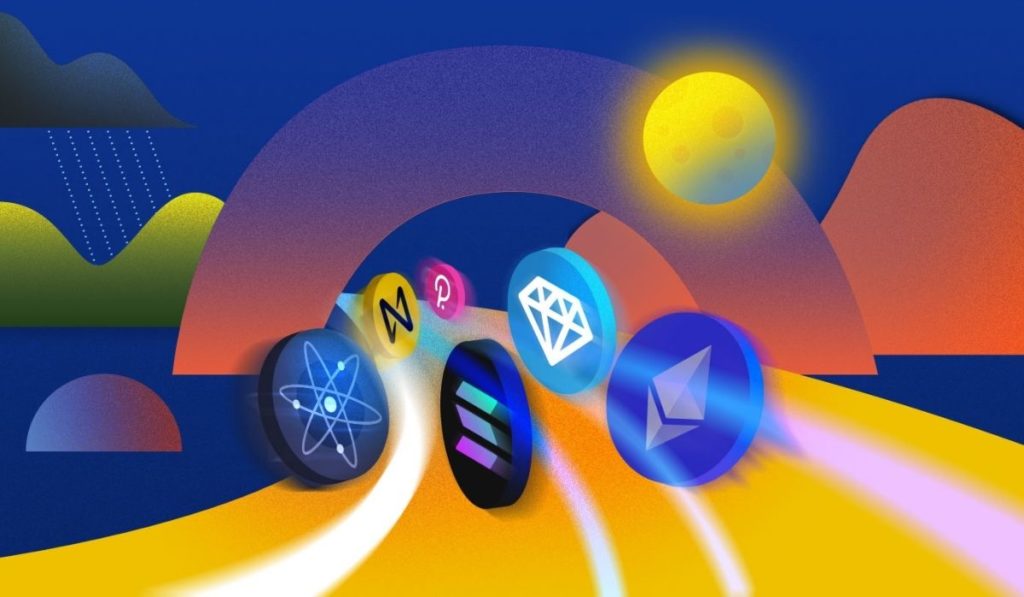2023-3-29 14:25 |
The world is witnessing a rapid transformation in how we perceive and interact with assets, thanks to the innovative concept of tokenization. Tokenize digital assets is a process that enables the conversion of real-world assets into blockchain-based tokens, creating new opportunities for investment and ownership. In this article, we will explore the basics of blockchain technology, understand tokenization, and uncover the benefits and challenges of tokenizing digital assets.
Blockchain BasicsBlockchain technology has revolutionized the way we store and transfer data. It is a distributed ledger technology (DLT) that allows data to be stored across a network of computers, ensuring security, immutability, and transparency. The consensus mechanism ensures that all participants in the network agree upon the state of the ledger, which adds to its trustworthiness and tamper-proof nature.
Understanding TokenizationTokenization is the process of converting real-world assets into digital tokens that represent ownership or rights over those assets. These tokens can then be traded, bought, or sold on various blockchain platforms. Tokenizing digital assets can unlock new investment opportunities and offer several benefits, such as enhanced liquidity and fractional ownership.
There are three main types of tokens:
Security tokens: These represent ownership in an asset, such as stocks, bonds, or real estate. Utility tokens: These grant users access to a product or service within a specific platform or ecosystem. Non-fungible tokens (NFTs): These represent unique digital items or assets, such as art, collectibles, or virtual real estate.Popular token standards include ERC-20, ERC-721, and ERC-1155, which define how tokens are created, issued, and managed on the Ethereum blockchain.
Tokenization ProcessTo tokenize digital assets, the following steps are typically involved:
Identifying and selecting assets: Choose the assets to be tokenized, such as real estate, artwork, or intellectual property. Creating and issuing tokens: Develop smart contracts to create and issue tokens representing the assets on a blockchain platform. Trading and management of tokens: Tokens can be traded, bought, or sold on various digital asset marketplaces or decentralized exchanges. Use Cases for Blockchain TokenizationBlockchain tokenization has a wide range of applications across various industries, including:
Real estate: Tokenizing properties enables fractional ownership, making real estate investments more accessible to a broader audience. Art and collectibles: Tokenizing art pieces and collectibles ensures authenticity and provenance while also allowing for fractional ownership. Intellectual property: Tokenization of intellectual property rights, such as patents or royalties, can provide creators with new revenue streams. Financial products and securities: Tokenizing stocks, bonds, or other financial instruments can increase liquidity and reduce barriers to entry. Supply chain management: Tokenization can help track and trace goods throughout the supply chain, enhancing transparency and efficiency. Benefits of Tokenizing Digital AssetsTokenizing digital assets offers several benefits, including:
Enhanced liquidity: Tokenization can increase the liquidity of traditionally illiquid assets by enabling fractional ownership and easy trading on digital asset marketplaces. Fractional ownership: Tokenization allows for the division of assets into smaller units, enabling investors with limited capital to participate in investment opportunities. Increased security and transparency: Blockchain technology ensures that tokenized assets are secure and transparent, reducing the risk of fraud and manipulation. Reduced costs and barriers to entry: Tokenization can lower the costs associated with managing and trading assets, making it more accessible for investors and businesses. Global market access: Tokenizing digital assets can open up new markets and investment opportunities worldwide, fostering greater financial inclusion and economic growth. Challenges and RisksDespite the numerous benefits, tokenizing digital assets also presents certain challenges and risks:
Regulatory uncertainty: Tokenization is still a relatively new concept, and regulatory frameworks around the world are evolving to address the unique challenges posed by digital assets. Scalability and interoperability: As the tokenization ecosystem grows, there may be issues with the scalability of blockchain platforms and the interoperability between different blockchains and digital asset marketplaces. Security concerns and hacks: While blockchain technology is inherently secure, the tokenization process and the platforms used for trading digital assets can be vulnerable to hacks and security breaches. Market volatility: Tokenized assets, like cryptocurrencies, can be subject to significant price fluctuations, posing risks to investors. The Future of Blockchain TokenizationThe future of blockchain tokenization is promising, with technological advancements and increasing adoption across various industries. As regulatory frameworks evolve and mature, it is likely that tokenization will become an integral part of the global financial system, reshaping how assets are managed, traded, and invested in.
A few key developments to look out for include:
Technological advancements: Improvements in blockchain technology, such as increased scalability, enhanced privacy, and better interoperability, will likely drive the growth of tokenization. Adoption and integration across industries: As more businesses and industries recognize the potential of tokenization, we can expect broader adoption and integration of tokenized digital assets into existing systems and processes. Impact on traditional financial systems: Tokenization could disrupt traditional financial systems by providing alternatives to conventional asset management and investment structures, fostering more inclusive and accessible markets. ConclusionBlockchain tokenization holds the potential to revolutionize the way we manage, trade, and invest in digital assets. By tokenizing digital assets, we can unlock new investment opportunities, enhance liquidity, and democratize access to a variety of assets across the globe. Although there are challenges and risks associated with tokenization, the transformative potential of this technology is undeniable, and continued exploration and innovation in this domain are essential for the future of global finance.
Frequently Asked Questions What is blockchain tokenization?Blockchain tokenization is the process of converting real-world assets into digital tokens on a blockchain, representing ownership or rights over the assets.
What types of assets can be tokenized?Various assets can be tokenized, including real estate, artwork, collectibles, intellectual property, financial products, and even supply chain components.
What are the main types of tokens?There are three main types of tokens: security tokens (representing ownership), utility tokens (providing access to a product or service), and non-fungible tokens (NFTs, representing unique digital items).
How does tokenization benefit investors and asset owners?Tokenization offers benefits such as enhanced liquidity, fractional ownership, increased security, reduced costs, and global market access, making investments more accessible and secure.
What are the main challenges and risks of tokenizing digital assets?Challenges and risks include regulatory uncertainty, scalability and interoperability issues, security concerns, and market volatility.
Can tokenized assets be traded on traditional stock exchanges?Tokenized assets are usually traded on digital asset marketplaces or decentralized exchanges, but some traditional exchanges are exploring the integration of tokenized assets.
How are tokenized assets regulated?Regulations for tokenized assets vary by jurisdiction and are still evolving. Authorities worldwide are working on establishing legal frameworks to address tokenization.
What role do smart contracts play in tokenization?Smart contracts are self-executing contracts with the terms directly written into code. They automate the creation, issuance, and management of tokens on a blockchain, ensuring transparency and security.
Can tokens be exchanged between different blockchains?Cross-chain interoperability is an ongoing challenge in the blockchain space. Some projects and platforms are working on solutions to enable seamless token transfers between different blockchains.
Is tokenization only possible on the Ethereum blockchain?While Ethereum is a popular platform for tokenization, other blockchains, such as Binance Smart Chain, Polkadot, and Tezos, also support tokenization and have their own token standards.
The post Unlocking Digital Assets: Exploring Blockchain Tokenization appeared first on NFT News Today.Similar to Notcoin - Blum - Airdrops In 2024
High Performance Blockchain (HPB) на Currencies.ru
|
|



